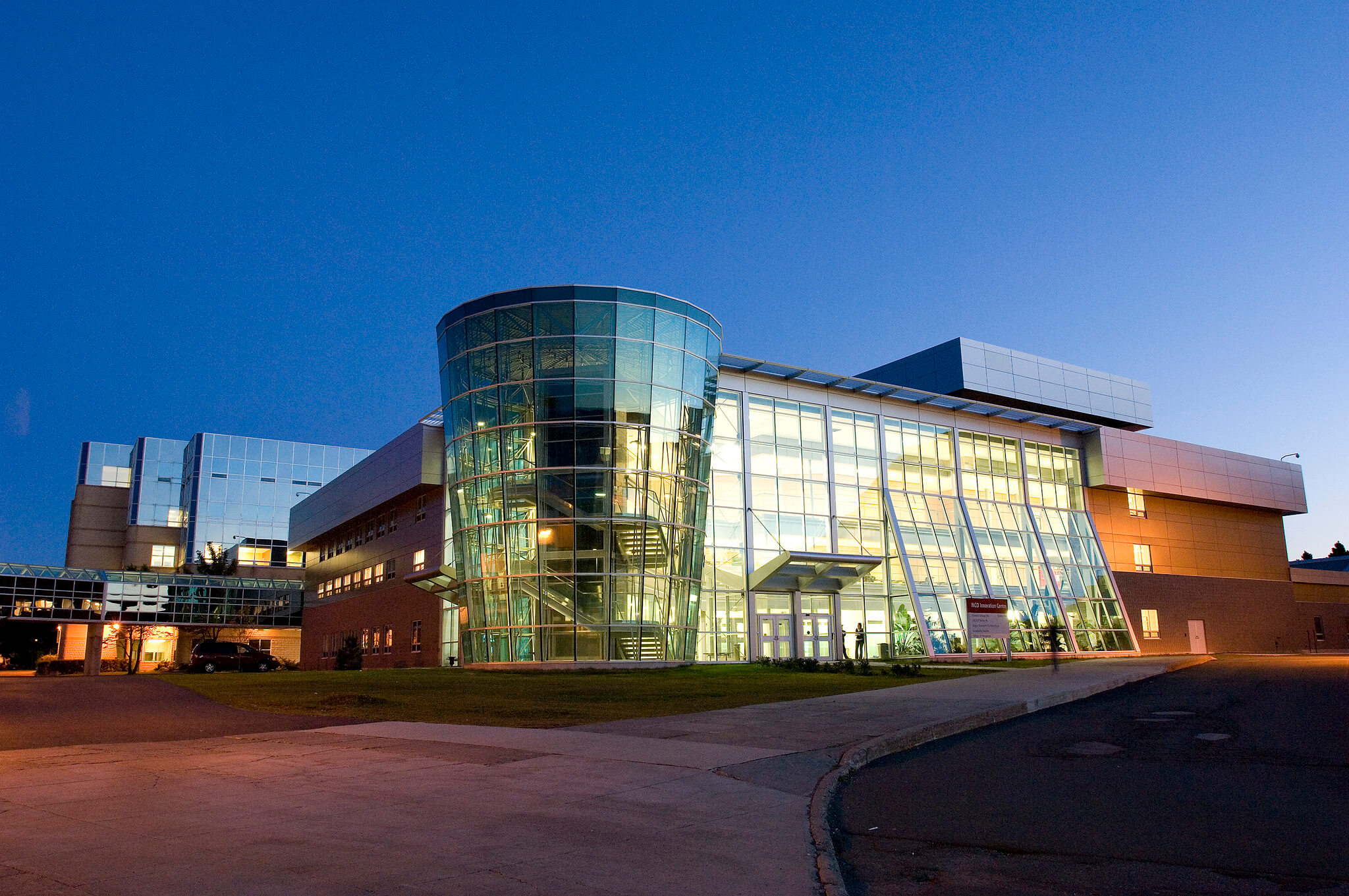📚About the Program
PhD in Geography (4 Years) at Memorial University of Newfoundland
Geography has been taught at Memorial since 1946 and was raised to the status of full department in 1960. Graduate studies began in 1970 with the MA and MSc, and the PhD was added in 1992. Our mission statement is to foster a spirit of inquiry about the geography of the world around us through our teaching and research, and to provide our students with the analytical tools needed to explore the questions that arise and the skills with which to communicate their findings. Graduate research is conducted within the fields of climatology, cultural, historical, and economic geography, geographic information systems, geomorphology, Quaternary studies, regional development, remote sensing, and resource management. The physical and human environments of Newfoundland and Labrador present a wide range of research possibilities. The province’s easternmost coastal location in Canada provides a stimulating setting for the study of the climate and the imprint of Quaternary climate changes upon the physical landscape. The social and economic characteristics observed for the Atlantic region provide a wealth of research opportunities on demographic and migration patterns, sustainable development of resources and rural development. In addition, Newfoundland and Labrador presents considerable scope for the study of coastal and marine environments. The Department has laboratory facilities for research in geographic information sciences, geomorphology, and paleoenvironments. A large collection of maps and aerial photographs is housed in the University's Map Library. The Department of Geography's involvement with various municipal, provincial, national, and international government agencies, private and non-profit organizations benefit students who require specialized resources or data for the support of their research. In addition, the Department of Geography takes advantage of resources offered by the research institutes housed at Memorial University. These include, for example, the Institute of Social and Economic Research, the Centre for Newfoundland Studies, the Maritime History Archive, and the Labrador Institute.
Show less 

